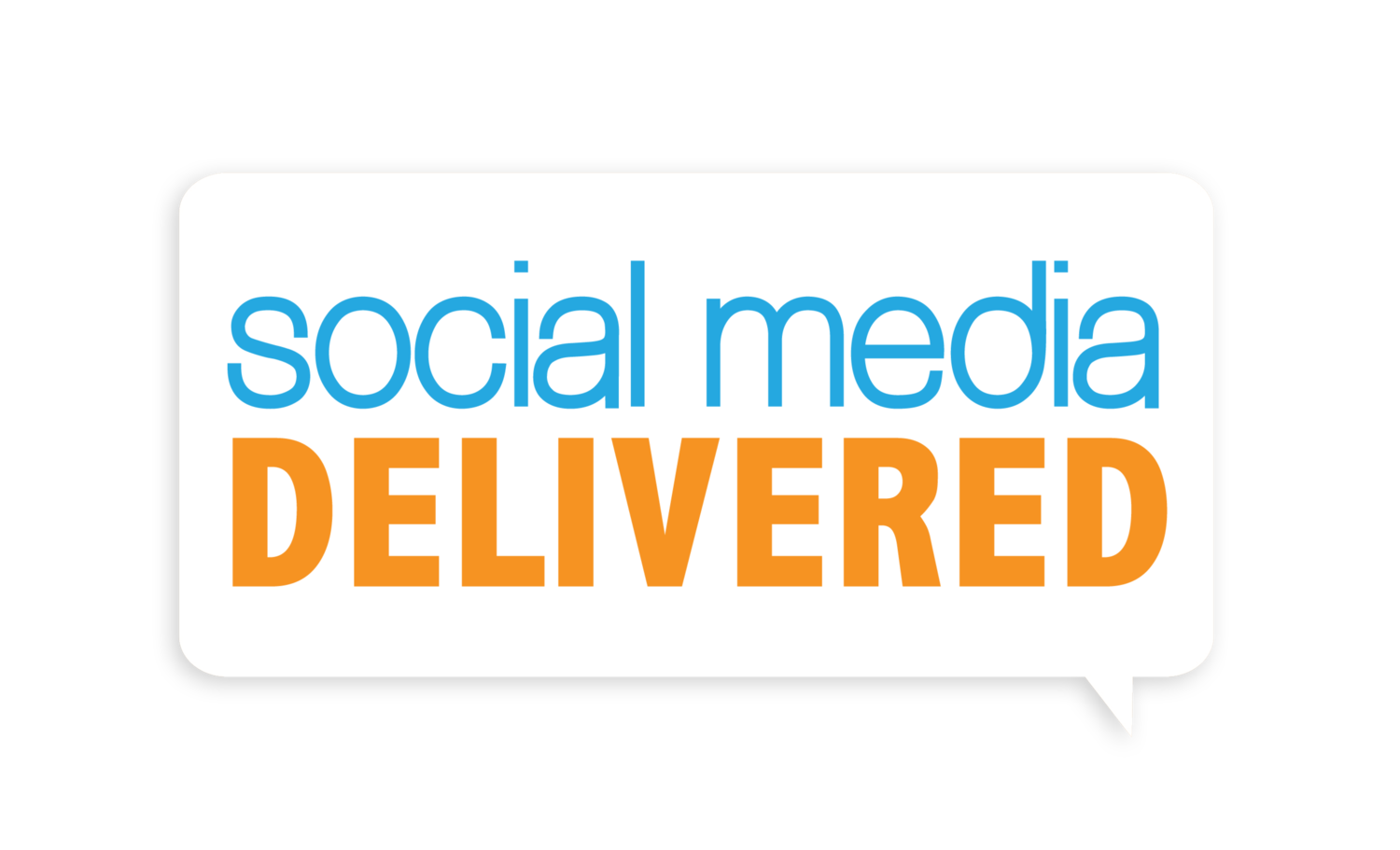Social Media Tendencies Around The World: The UK
By Mary B. AdamsThe UK is among the top 10 countries for Internet penetration rates. At least 50% of UK households have broadband internet, and many use mobile phones to access broadband internet. In 2009 the broadcast and communications regulatory body, Ofcom, concluded that social networking sites are now a “mainstream communications technology” for many people in Great Britain.
Mainstream, indeed! A March 2010 article claims 30 million Brits are using social media. This means more than three quarters of the UK's online population use social networking sites such as Facebook and Twitter, per research by InSites Consulting, an online market research organization. The study also found that the majority of users are members of at least two social networking sites and, on average, log in twice per day. This is a notable increase from just 2 years ago when Ofcom reported that 30% of UK adults had a social networking profile (Q1 2009).
Facebook and Twitter are the most popular platforms among Brits, with half of British users favoring Facebook and 42% on Twitter. The average UK social media networker has 173 friends (vs. the world average of 130). Per Facebakers, the number of users on Facebook in the UK is 26 543 600. Britain is the #3 largest Facebook country after the US and Indonesia.
Just how and how active are the Brits using social media? For Twitter in the UK, almost 80% of the time spent on the site is accounted for by 7% of “heavy” users. On the other hand, 93% are “light” users, accounting for just 20% of the Twitter content posted and consumed. UK consumption on other social networks shows a similar breakdown. Three percent of MySpace’s visitors account for 63% of total time spent on the site; 14% of Bebo’s visitors account for 87 percent of total time. For LinkedIn, 5% of visitors account for half the total time spent on the site.
In terms of openness, British subscribers tend to limit who can see their online profiles to friends and family the people. In 2009, 80% of adults with a social networking profile allowed only friends and family to view their profiles, compared with 48% in 2007. That shows a growing concern for privacy online.
Social media’s influence is also affecting institutions like the BBC. Recently, the BBC made a radical change in policy, telling its news staff to embrace social media. Reporters “must keep up with technological change - or leave,” said the director of BBC Global News Peter Horrocks. Additionally, after the BBC threatened to shut down one of its popular digital radio stations, 6 Music, an aggressive social media campaign was launched and the BBC recently announced that the station would remain on air. Twitter campaigners are now using the #proudofthebbc hashtag to voice their support for the corporation following this outcome.
Not unlike the World Cup, the UK’s 2010 general election was Britain’s First 'Social Media Election.' In her recent blog, Jemima Kiss of the Guardian newspaper demonstrates how social media really affected the election - particularly how the engagement of younger voters may have influenced the outcome. Per Nic Newman, the BBC's former future media controller for journalism, the voting turnout of 18- to 24-year-olds increased by 7%, above the national average of 5%.
